- Bundu, Ranchi (JH)
- 09279308544
- mndgdavschool@gmail.com
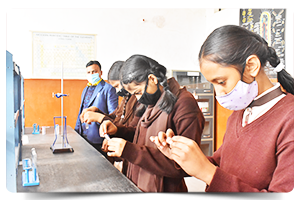
Chemistry Lab
Students can conduct experiments to learn about chemical reactions, properties of different elements and compounds, and principles of chemical reactions. They can perform experiments such as titrations, synthesis of salts, and investigation of reaction rates.
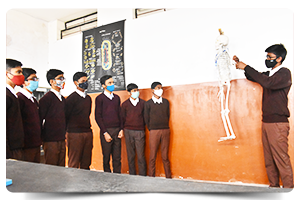
Biology Lab
Students can engage in activities related to cellular and molecular biology, anatomy and physiology, ecology, and genetics. They can conduct experiments on topics such as photosynthesis, DNA extraction, microbiology, and dissection of organisms to learn about their anatomy.
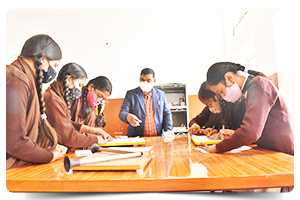
Physics Lab
Students can explore the principles of physics through experiments related to motion, force, energy, electricity, magnetism, and optics. They can conduct experiments such as measuring acceleration due to gravity, investigating Newton’s laws, and studying the behavior of light.
Computer Science Lab
Students can engage in coding, programming, and digital simulations to learn about computer science concepts such as algorithms, data structures, and software development. They can conduct experiments such as coding simulations, building websites, and developing simple software applications.
Library
A library is an essential component of a school that promotes reading, research, and lifelong learning among students. Here are some ideas for setting up and managing a library in a school
Curate a diverse collection of books that cater to the interests, reading levels, and curriculum requirements of students. Include a variety of genres, formats, and languages to encourage reading among all students.
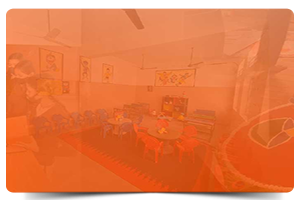
Environmental Science Lab
Students can learn about the environment and sustainability through experiments related to ecosystems, biodiversity, pollution, and climate change. They can conduct experiments such as testing water quality, studying the impact of pollutants on plant growth, and investigating the effects of climate change on local ecosystems.

Geology Lab
Students can study Earth’s geological processes and materials through experiments related to rocks, minerals, and geological formations. They can conduct experiments such as identifying rocks and minerals, simulating erosion and weathering, and studying geological maps and cross-sections.

Astronomy Lab
Students can explore the mysteries of the universe through experiments related to celestial bodies, such as stars, planets, and galaxies. They can conduct experiments such as observing and tracking celestial objects, studying the phases of the Moon, and investigating the properties of light from distant stars.

Engineering Lab
Students can learn about the principles of engineering through hands-on activities related to design, construction, and testing of structures, machines, and systems. They can conduct experiments such as building bridges, constructing simple machines, and testing the efficiency of energy sources.
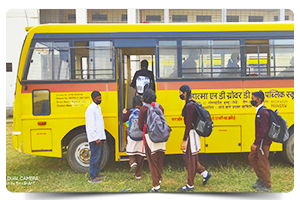
Transport Facility
Transportation is an important aspect of school operations as it ensures that students can safely and efficiently commute to and from school. Here are some considerations for setting up and managing a transport facility for a school
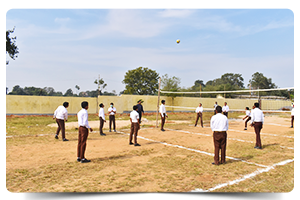
Play Ground
Our playground is a safe and inviting space for our students to play, learn, and grow. It is equipped with a variety of equipment, including swings, slides, a climbing structure, a basketball court, and a soccer field. We also have a number of trees and plants that provide shade and a sense of beauty.
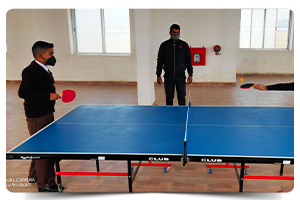
Indoor Games
Indoor games are a great way to have fun and stay entertained on a rainy day or during the winter months. There are many different types of indoor games that can be played, from simple card games to more complex board games.